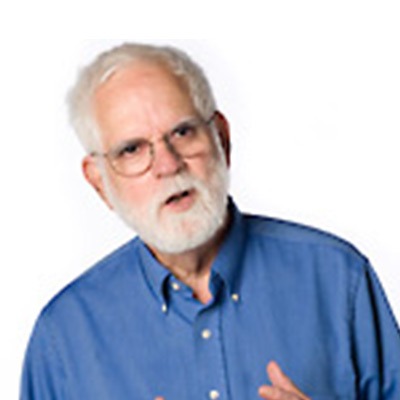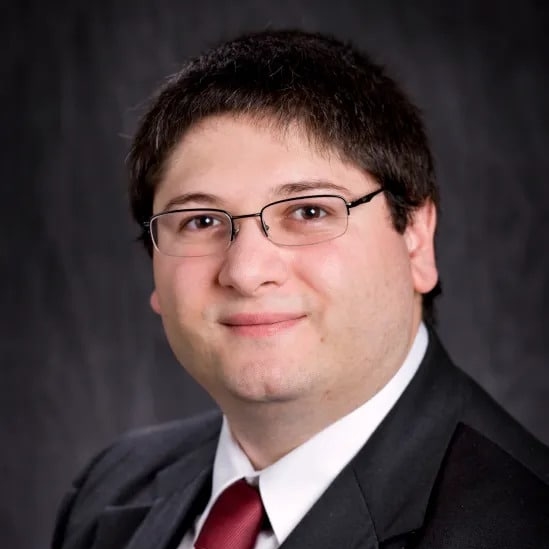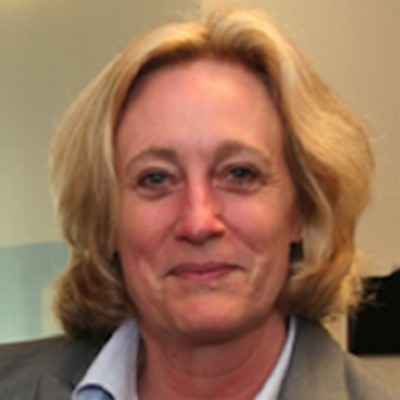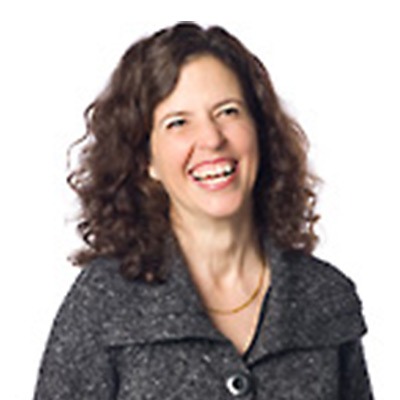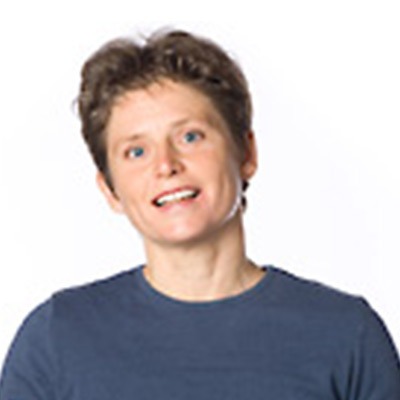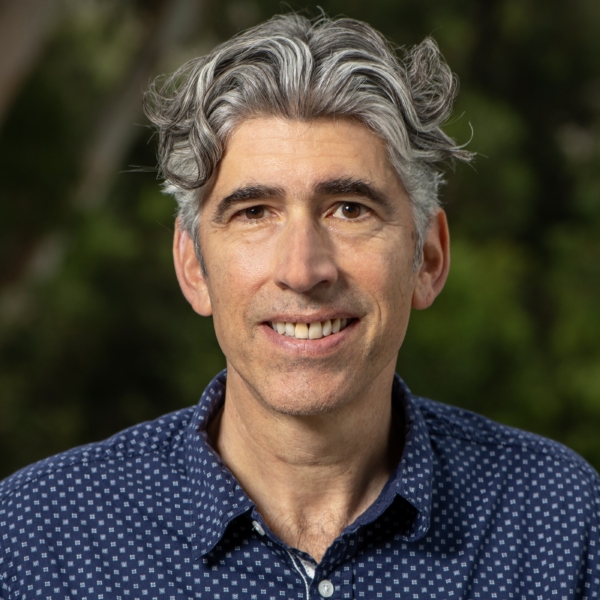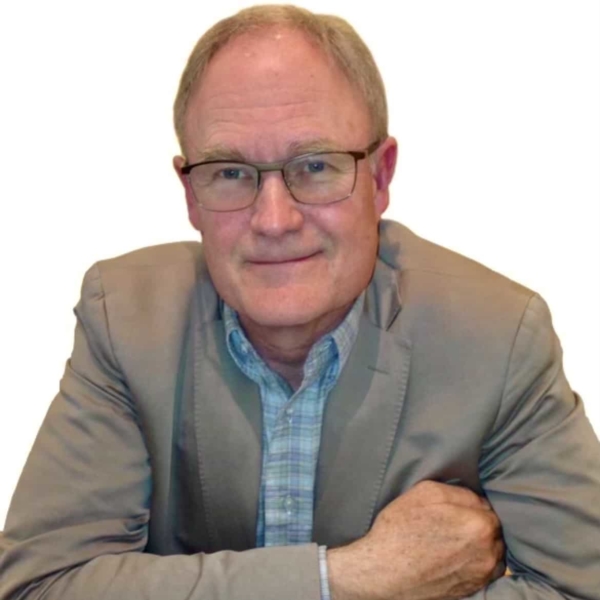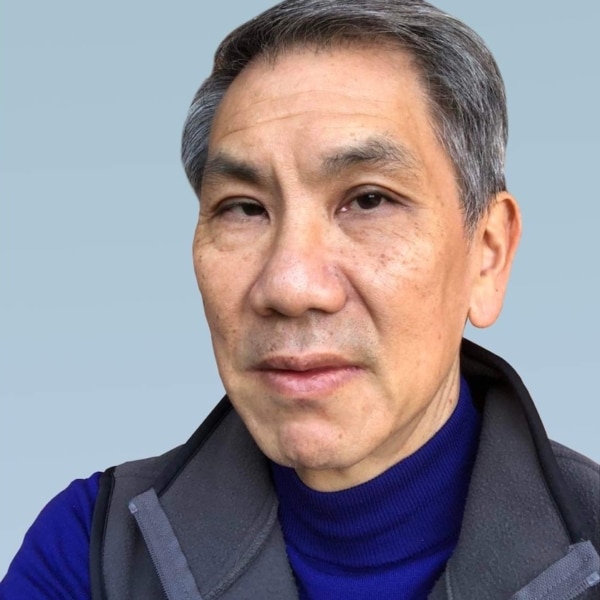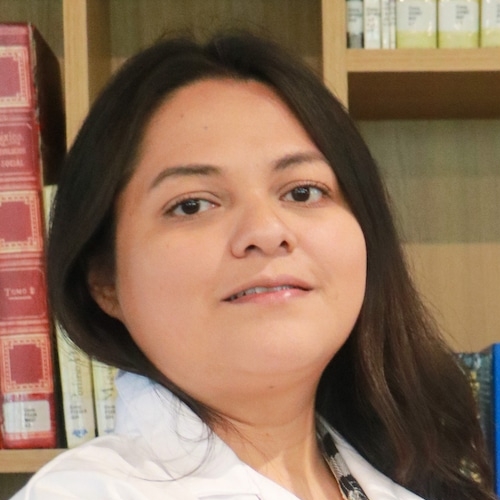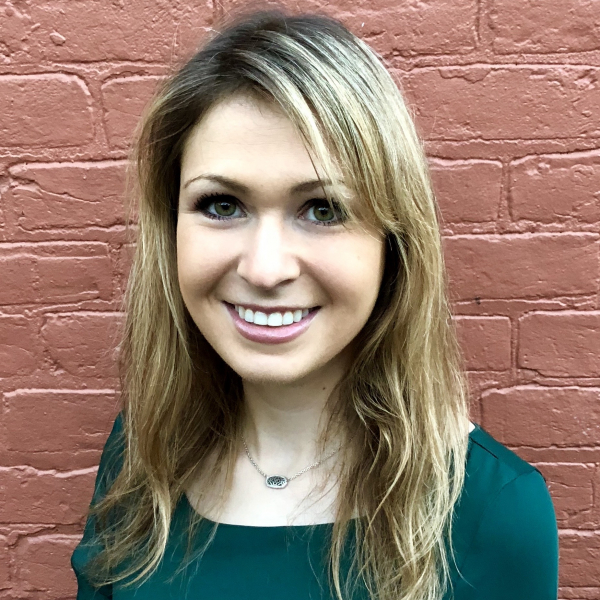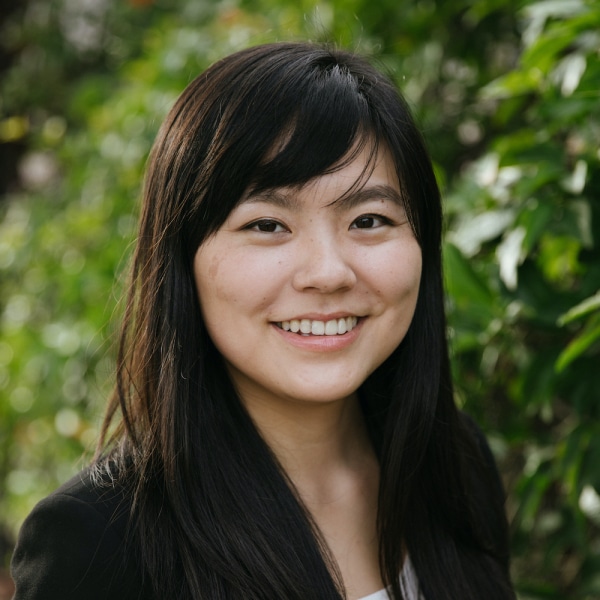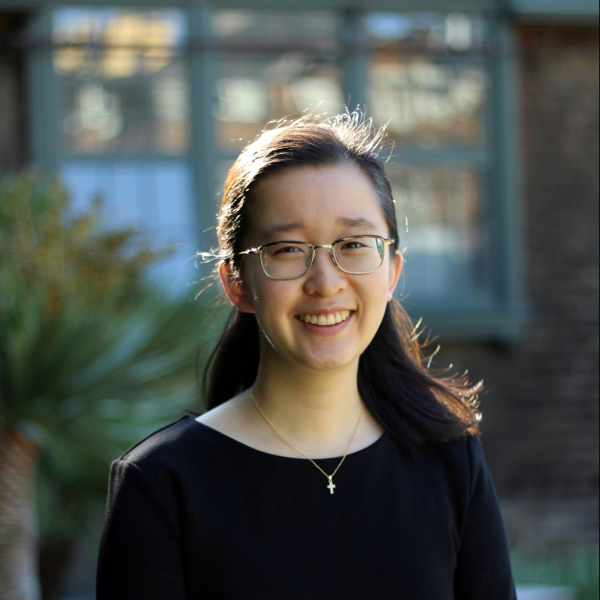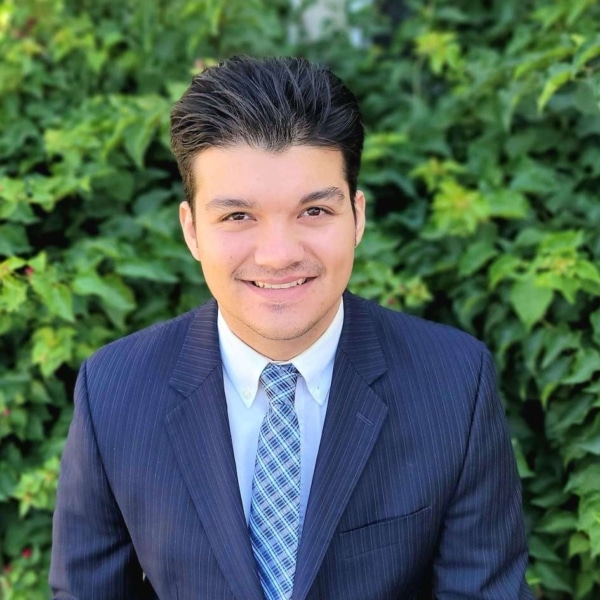The people of CIEE are at the core of everything we do. They are experts in the technology and sciences that drive energy innovation, and experts in running research programs to make breakthroughs happen.
Director, Enabling Technologies and Energy Use in Buildings
BEST Center Principal Investigator
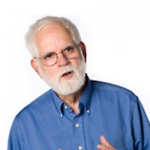
Carl Blumstein
In addition to tackling problems, we’re learning to enhance what’s working for the benefit all. People power is the key, and I’m privileged to work with some of the brightest and most passionate.”
CIEE Director Carl Blumstein has 45 years of experience in energy research and R&D management. He served for 10 years as the Associate Director of CIEE before becoming the Director in 2002. Carl is also the Executive Director of the CITRIS Climate Initiative, which closely coordinates its program with CIEE. Carl also held a research appointment at the UC Energy Institute (now the Energy Institute at Haas) where he was an Energy Policy Analyst from 1981 to 2010.
Carl is a tireless advocate of public funding for clean energy research. As Associate Director of CIEE, he represented UC in the regulatory and legislative proceedings that led to the establishment of the California Energy Commission’s Public Interest Energy Research (PIER) program and the successor Electric Program Investment Charge (EPIC) program.
His research interests center on energy efficiency and energy policy. He is a strong proponent of research on the role of human behavior in energy use. As CIEE Director, he guided the establishment of the Behavior Energy and Climate Change (BECC) conference. Carl’s recent work has included publications concerning software architecture for building control, evaluation and incentives for energy efficiency programs, the administration of energy efficiency programs, restructuring in the electric power supply industry, the Strategic Petroleum Reserve, and the role of market transformation in energy efficiency programs.
Carl is a member of the Board of Directors of the American Council for an Energy-Efficient Economy (ACEEE), where he served as Chairman for more than 20 years, and a member of the Gas Technology Institute’s Public Interest Advisory Committee. He was a founding member of the Board of Trustees of the Consortium for Energy Efficiency where he served until 2018. He served on the Board of Governors of the California Power Exchange from 1997 to 2003. He has a BS from Reed College, an MS from San Diego State University, and a Ph.D. from the UC San Diego in Chemistry.
Links & References
American Council for an Energy-Efficient Economy
Behavior, Energy & Climate Change Conference
CITRIS Climate Initiative
Consortium for Energy Efficiency
Gas Technology Institute
CV for Carl Blumstein (PDF)
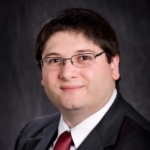
Michele Barbato
Dr. Michele Barbato is a professor of structural engineering and structural mechanics in the Department of Civil and Environmental Engineering at the University of California, Davis. He is also co-director and co-founder of the UC Davis Climate Adaptation Research Center, and faculty director of the CITRIS and the Banatao Institute’s Climate Initiative. He received his summa cum laude “laurea” degree in Civil Engineering from the Sapienza University of Rome (Italy) in 2002, and his M.S. and Ph.D. in Structural Engineering in 2005 and 2007, respectively, at the University of California, San Diego. He is a licensed professional engineer, or PE, in Louisiana and in Italy.
Dr. Barbato is an expert in traditional and innovative construction methodologies, recycled and green materials, performance-based engineering, and modeling, analysis, and design of structural and infrastructure systems subject to earthquakes, wind, hurricanes, and wildfires. Dr. Barbato’s research aims to develop sustainable infrastructures and resilient communities under current and changing climate conditions, with a focus on justice, equity, diversity, and inclusion. Dr. Barbato has authored more than 200 technical publications, including two US patents. He received numerous research, teaching, and service awards, including the 2009 ASCE Moisseiff award, the 2011 EASD Junior Research Prize, and the 2020 Walter L. Huber Civil Engineering Research Prize. He is a Fellow of the Structural Engineering Institute, the Engineering Mechanics Institute (EMI), and the American Society of Civil Engineers (ASCE). He is a member of the EMI Board of Governors.
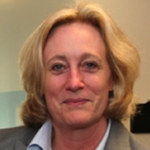
Tracy Turner
I love having the opportunity to provide research opportunities to brilliant students who are passionate about new discoveries and energy solutions that respect the environment.”
Tracy supports the Director and CIEE by providing strategic coordination, administration and management of the processes that support the institute’s infrastructure. Tracy also provides operational and administrative assistance to the CIEE Director. Prior to joining CIEE, Tracy was the Director of Operations at Berkeley Energy & Climate Institute (BECI), and at CITRIS and had extensive experience in senior management roles with Mervyns LLC.
Links & References
LinkedIn
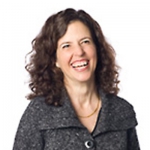
Therese Peffer
Director, Enabling Technologies and Energy Use in Buildings
What drives my research is my passion for achieving carbon neutrality in homes and workplaces in the next decade.”
Therese Peffer, CIEE’s Associate Director in addition to Director for CIEE’s Enabling Technologies Development Program, conducts and manages research in smart sensors, controls, and user interfaces in buildings to improve comfort and reduce energy consumption, including Demand Response, Smart Grid, and “Building-to-Grid” research projects. She has served as co-chair for the Behavior Energy and Climate Change (BECC) for the past five years. Dr. Peffer also serves as an Associate Director for the Climate Initiative at the Center for Information Technology Research in the Interest of Society (CITRIS).
Her current passion involves reducing greenhouse gases through improved energy efficiency and fuel-switching appliances from natural gas to electricity at the block-scale in the Oakland EcoBlock project.
In 2009, Therese completed a Ph.D. in Architecture with an emphasis on building science under Professor Ed Arens at UC Berkeley. Her research involved residential demand-response enabling technology, including the design of an in-home energy display/thermostat device. As an architect, she has worked in small firms in San Francisco and Pismo Beach.
Therese earned a Master’s degree in Architecture at the University of Oregon in 1998, where she worked with G.Z. “Charlie” Brown at the Energy Studies in Buildings Laboratory. Working at the crossroads of energy research and practical application, Therese formerly lived on a solar- and wind-powered homestead in southern Oregon and wrote for Home Power magazine. She earned a B.A. in neurobiology and psychology from UC Berkeley in 1990.
Links & References
EcoBlock – California Institute for Energy and Environment, UC Berkeley
Scholarly Works: Therese Peffer (eScholarship, UC Berkeley)
Doctoral Dissertation, UC Berkeley, “California DREAMing: the Design of Residential Demand Responsive Technology with People in Mind”

Eric Lee
I am inspired by supporting and engaging with exceptionally bright and creative faculty, researchers and students who work on innovative projects leading us towards a more sustainable future.”
Eric Lee provides support for the overall operations of the Institute in the areas of finance, HR and resource planning. He manages the Art Rosenfeld Award co-sponsored by CIEE and UC Berkeley Graduate Division, as well as supports the direct project management of various sponsored research awards. Eric prioritizes customer service and teamwork in his communications with principal investigators and research coordinators, as well as sponsor agencies and research institutions at the state, federal, non-profit and private industry levels. His analytical approach, strong attention to detail, and collaborative style help to promote effective program and project management.
Prior to this position, Eric served as CIEE’s Research Administrator and Financial Analyst for over a decade.
Before coming to CIEE, Eric held positions in trust administration and hedge fund accounting. He holds an M.B.A. in Finance from California State University, East Bay, and a B.A. in Managerial Economics from University of California, Davis.
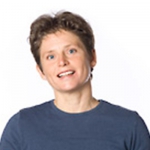
Alexandra von Meier
Today’s renewable energy technology is like Dorothy’s Ruby Slippers. Sure, there are plenty of improvements to be made. But in essence, we already have what we need to get to zero carbon.”
Alexandra “Sascha” von Meier is a Senior Advisor for CIEE’s Electric Grid program. Her research centers on power distribution systems, the use of high-precision synchronized measurements, and the integration of distributed and intermittent generation. Current projects explore new control strategies for distributed resources based on phasor measurements, and the design of multi-customer microgrids. She is also an Adjunct Professor in the Department of Electrical Engineering and Computer Science at UC Berkeley and a Faculty Scientist in the Grid Integration Group at the Lawrence Berkeley National Lab.
Sascha is the author of the textbook “Electric Power Systems: A Conceptual Introduction.” Until 2011, she was a Professor of Energy Management & Design in the Department of Environmental Studies and Planning at Sonoma State University, where she taught a curriculum revolving around energy efficiency, renewable resources, and green building. Her past research includes studies of cultural factors in technology adoption, operation of nuclear power plants, and management of nuclear materials.
Sascha received a B.A. in physics in 1986 and a Ph.D. in Energy and Resources in 1995 from UC Berkeley. Away from the office, she loves to bike, run, climb, and spend time in the mountains.
Links & References
NPR Interview with Sascha
Electric Grid Vulnerability & Locally Sourced Power
Electric Power Systems: A Conceptual Introduction, textbook | 2006
Alexandra “Sascha” von Meier’s CV [PDF to come]
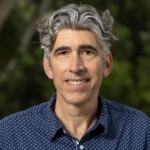
Richard Brown
My goal is to serve the public interest by developing practical, scalable climate solutions while working with incredible colleagues and students.
Rich Brown is an academic researcher at the California Institute for Energy and Environment (CIEE) at UC Berkeley, where he works on the Oakland EcoBlock project, which is developing and demonstrating neighborhood-scale approaches to decarbonizing the existing building stock. His research interests span a broad range of topics related to the development and demonstration of technologies to reduce building energy use, including grid-interactive buildings; intelligent management of distributed energy resources, particularly through networked systems of sensors and controls; and direct current (DC) power distribution in buildings.
Rich comes to CIEE from over 30 years at Lawrence Berkeley National Laboratory, where he led a variety of research projects on energy in buildings and regularly collaborated with CIEE researchers and UC faculty.
Rich holds an M.A. degree from the Energy and Resources Group at UC Berkeley, and a B.S.E. in Engineering and Management Systems from Princeton University.
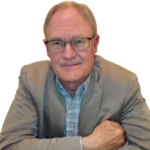
Peter Crabtree
BEST Center Principal Investigator
It is especially gratifying for me to work with talented colleagues who share a vision and mission to help build a sustainable future.”
Peter Crabtree is the Principal Investigator for the National Science Foundation ATE Building Efficiency for a Sustainable Tomorrow (BEST) Center. The Center provides industry research, academic resources, and professional development opportunities to college faculty in support of the education of the technical workforce in HVAC, Building Automation Systems, and Energy Management and Efficiency. The Center is completing development of an International Standards Organization (ISO) aligned national certification for High Performance Building Technicians which will benchmark industry-validated knowledge and skills standards and help colleges align curriculum to the standards. Peter is pleased to join CIEE/CITRIS as a visiting project scientist.
Peter serves on the Board of Directors for the Association of Controls Professionals, is a member of the leadership network for the NSF ATE EARTh Center, serves on the National Roundtable on the Workforce for a Green and Inclusive Economy, and is a member of the Board of Advisors for the Commercial Workforce Credentialing Council of the National Institute of Building Sciences.
With 35+ years of experience in workforce development and community engagement, Peter has directed numerous research and workforce development projects including 18 years as an NSF PI with the BEST Center and its predecessor projects as well as PI or PD for a wide range of other projects for the Department of Energy, the Department of Labor, the California Investor-Owned Utilities (IOUs), the Bechtel Foundation, and the Microsoft Foundation among others. Peter’s ongoing research focuses on the specification of technical expertise in high performance building operations, methods to develop adaptive expertise in building systems and building performance among faculty and students, and climate change mitigation strategies and policy development.
Peter is a dean emeritus at Laney College where he served as Dean of Career and Technical Education for 17 years. He is ABD for a PhD in Political Science (emphasis in environmental policy and political economics) from UC Riverside and has an MA from UCR in the same field. He was a Lincoln-Juarez Graduate Fellow at the Universidad Nacionál Autónoma de México.
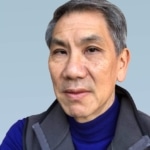
Larry Chang
I don’t want to look back and ask, “Why didn’t I do more?”
Larry Chang is Director of the Building Efficiency for a Sustainable Tomorrow (BEST) Center, which is funded by the National Science Foundation’s Advanced Technological Education program. BEST’s mission is to boost the technician workforce in high performance building operations through education and professional certification. Since helping to establish BEST in 2012, Larry has worked with U.S. community and technical colleges to develop certificate/degree programs in environmental control technology, building automation, and energy management. He is also part of a team creating a new technician-level certification which will standardize skills and knowledge for advanced commercial building operations.
In addition, Larry is a registered architect who earned his B.S.E. in Architecture and Engineering from Princeton University and his M. Arch. from Yale University. He has worked across the U.S. on both commercial and residential projects with a focus on sustainability, accessibility, and healthy buildings. On the academic side, he has taught design at the University of Louisiana at Lafayette, Savannah College of Art & Design, and City College SF.
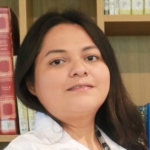
Juana Isabel Méndez Garduño
Isabel Méndez Garduño is a 2025 Fulbright–García Robles Visiting Research Scholar and Postdoctoral Researcher collaborating with Dr. Therese Peffer. Her current work integrates advanced building-energy simulations with large language models to deliver personalized, gamified guidance through connected thermostats, aiming to improve comfort while cutting residential energy use.
She earned a Ph.D. in Engineering Sciences from Tecnológico de Monterrey. Her publications bridge building-energy analytics, occupant behavior, human-centered interfaces, and immersive technologies that make energy insights accessible and actionable. Recent recognitions include the Premio Mujer Tec (Environment Category, 2024) and Candidate Level for the National Researchers System of Mexico.

Miriam Aczel
When it comes to securing a greener future, everyone should have a seat at the table. Tackling today’s complex challenges requires diverse voices and creative thinking. I’m passionate about sparking important conversations—leading to action—on climate change.
Dr. Miriam Aczel joined CIEE in 2021 as the inaugural McQuown Postdoctoral Fellow and is now a CIEE affiliate. She is currently a researcher at the United Nations University Institute for Water, Environment and Health (UNU-INWEH).
Miriam earned her PhD at Imperial College London in 2020, where she was a President’s PhD Scholar. Her doctoral research was on environmental and community impacts of ‘fracking’ to extract shale gas in the UK, USA, France, China, and Algeria. Other research areas include greenhouse gas removal technologies; climate science and policy; international energy law and policy; human rights and environmental justice; environmental health; and citizen science.
Miriam holds an MSc in Environmental Technology from Imperial College London and a BA in Geography & Earth Systems Science with minors in Italian and Geology & Geophysics from McGill University, Montreal. She is co-founder of the non-profit Amir D. Aczel Foundation for STEM Education. Miriam loves exploring new places and learning languages. She speaks fluent French, Italian, Hebrew, and is proficient in Spanish.
Research: Imperial College Webpage, Google Scholar, ORCID
Writing: Leaders in Energy, Amir Aczel Foundation
Contact: @MiriamAczel, LinkedIn
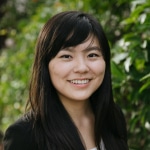
Jing Wu
It’s a joy to contribute to the important work CIEE does to move our society toward a more sustainable future in which people can flourish.”
Jing works to ensure that CIEE’s digital products are functional, secure, and accessible. She produces user-centered design and content, manages CIEE’s portfolio of digital media, and coordinates with internal and external stakeholders and partners to maintain and keep them up to date.
Jing studied user experience design and development at UC Berkeley’s School of Information, where she earned a Master of Information Management and Systems (MIMS). She graduated with highest honors with a B.A. in English and Chinese Language from UC Berkeley.
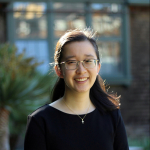
Eunice Chung
The best part about working at CIEE is having the opportunity to make a tangible impact on the built environment. I am grateful to be part of such an amazing team, and am constantly inspired by the intelligence, motivation, and kindness of those around me.”
Eunice supports research, finance, and communications efforts at CIEE. She is currently involved in the Oakland EcoBlock project and the Quality Residential HVAC Services program.
Prior to joining CIEE, Eunice worked for several architecture and design offices in California. She holds a B.A. in Architecture and a minor in City and Regional Planning with high honors from UC Berkeley.
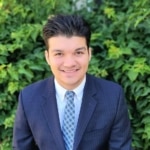
Emilio Camacho
It inspires me to see data, budgets, and collaboration translate into tangible projects that move the world toward a sustainable future.

Student Assistants
Lea Karian,
Communications/Editorial Student Assistant
Lea Karian, Communications and Editorial Student Assistant

